Moniek Buijzen
Digital media technologies offer unprecedented opportunities to improve youth’s well-being, including message personalization, responsive data feedback, and social network intervention. However, there are also risks involved, such as undesired health effects and breaches of privacy and autonomy. Moniek Buijzen’s research investigates how we can harness the potential of digital media technology to improve young people’s well-being, while minimizing potential risks. She strives for a continuous interaction between scientific research and innovative technological applications.
Moniek Buijzen is Professor of Communication and Change at the Erasmus University Rotterdam, the Netherlands. Her research is funded by grants from the European Research Council (ERC) and the Dutch Science Foundation (NWO). Integrated with her research and teaching activities, Moniek focuses on academic engagement with society. With academic partner Esther Rozendaal she leads the Movez Network and Bitescience.com. Visit Moniek's profile page for more info.
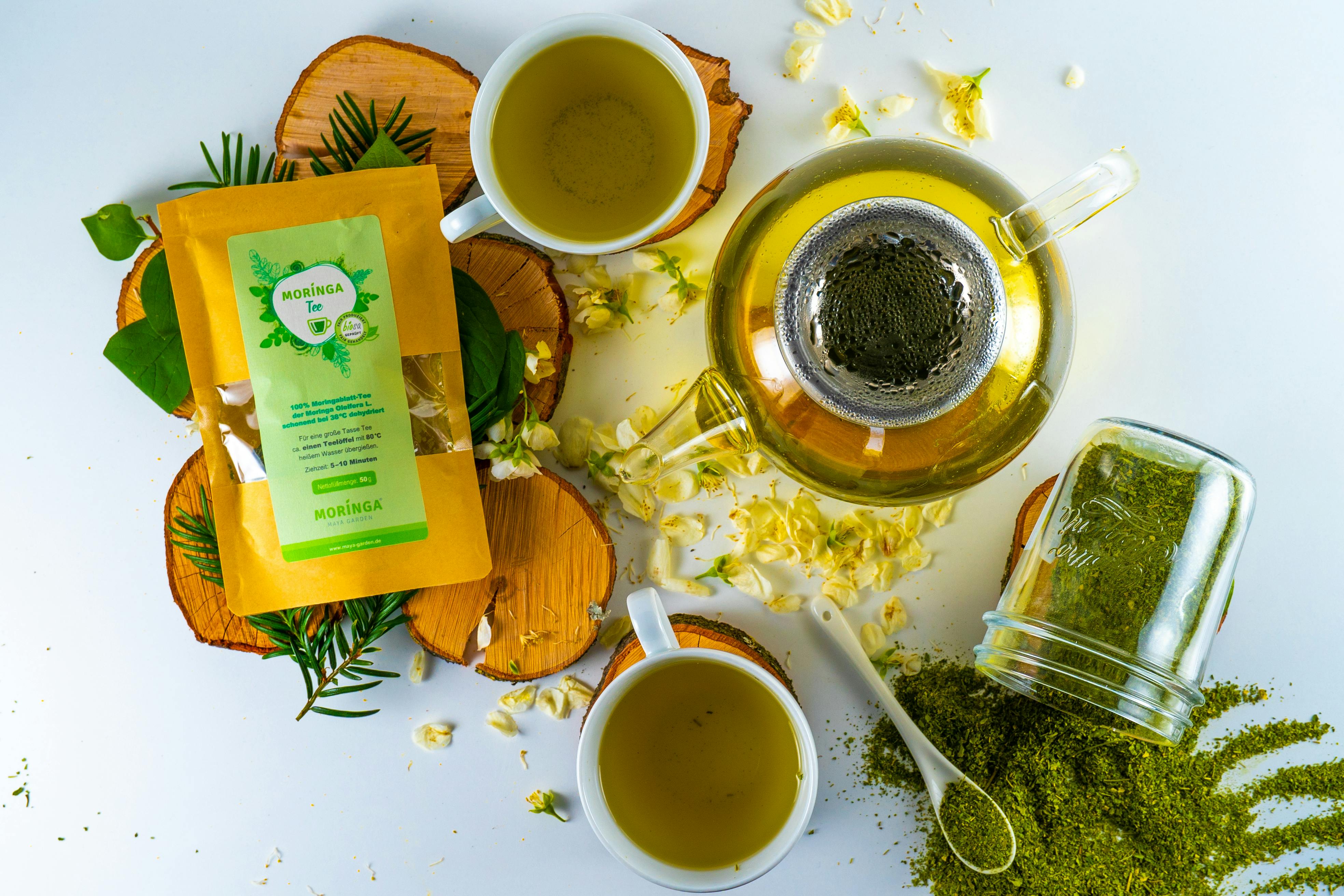
Why we fall for health hacks with shiny "superfood" claims

Peer influence in the Caribbean: Getting Aruban kids to drink more water
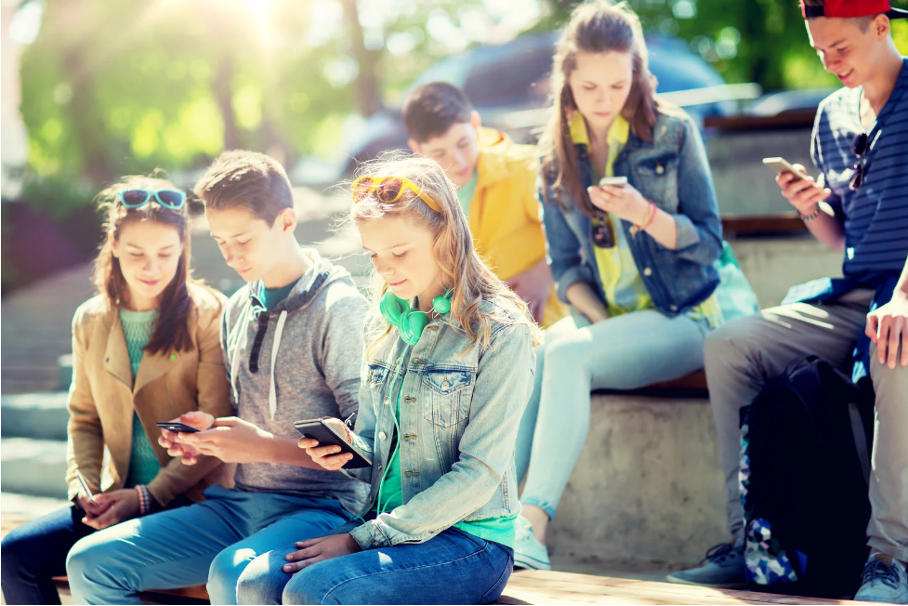
Online communication is a promising source for the design of social network interventions
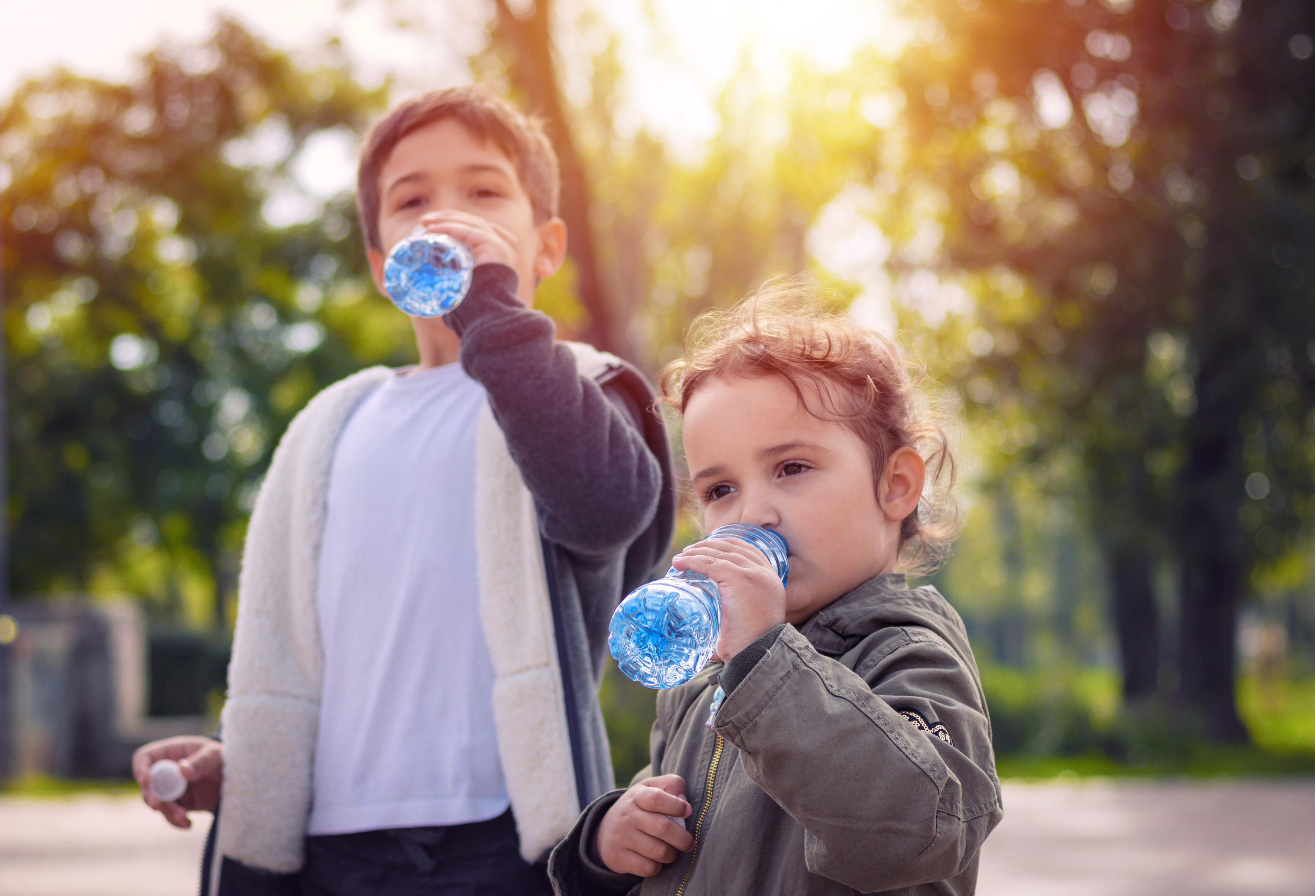
Thirsty for health: water consumption behaviors in Caribbean and European adolescents

Data analytics helps making sense of teens’ food talk on social media
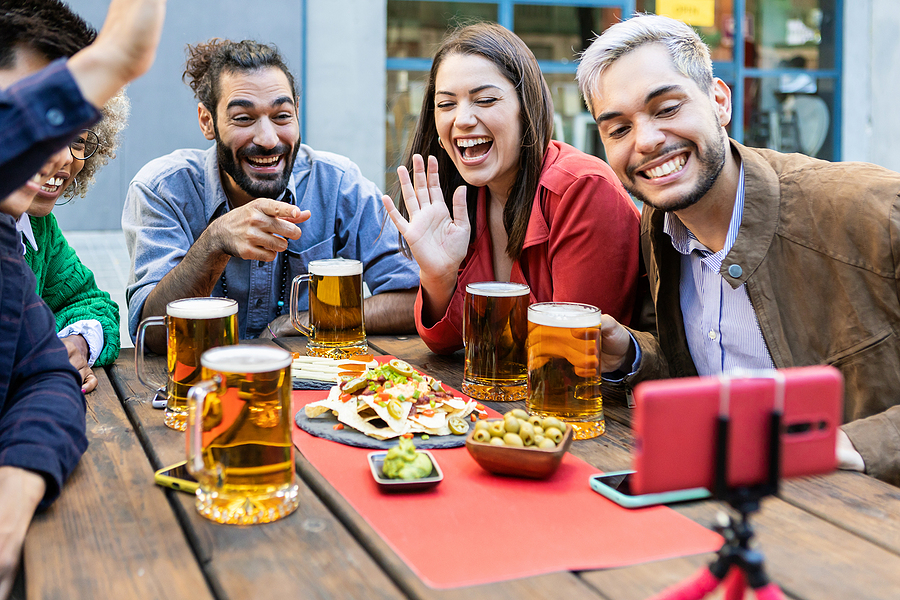
Why do some young adults keep their online behavior private for their parents?
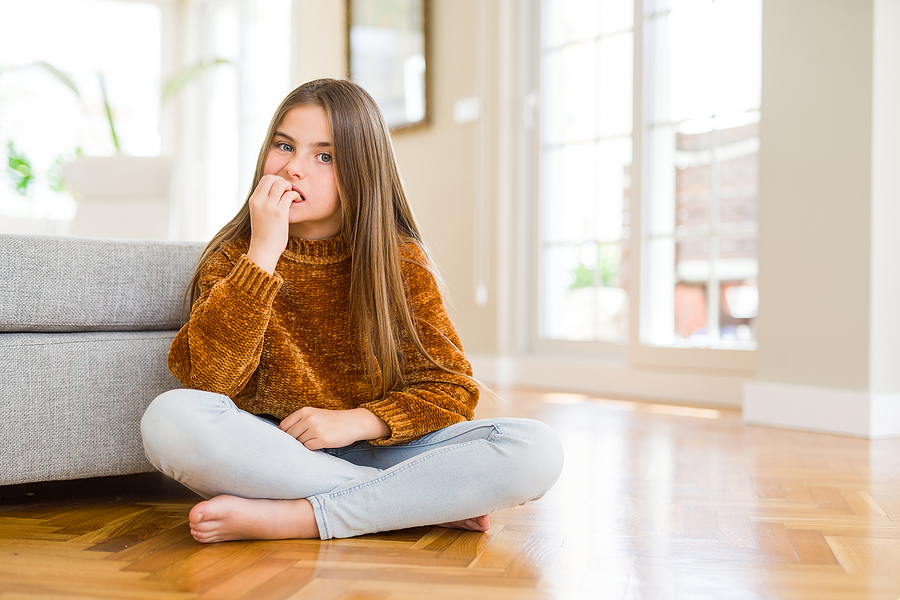
Choosing the right spokesperson in bringing violent news to children
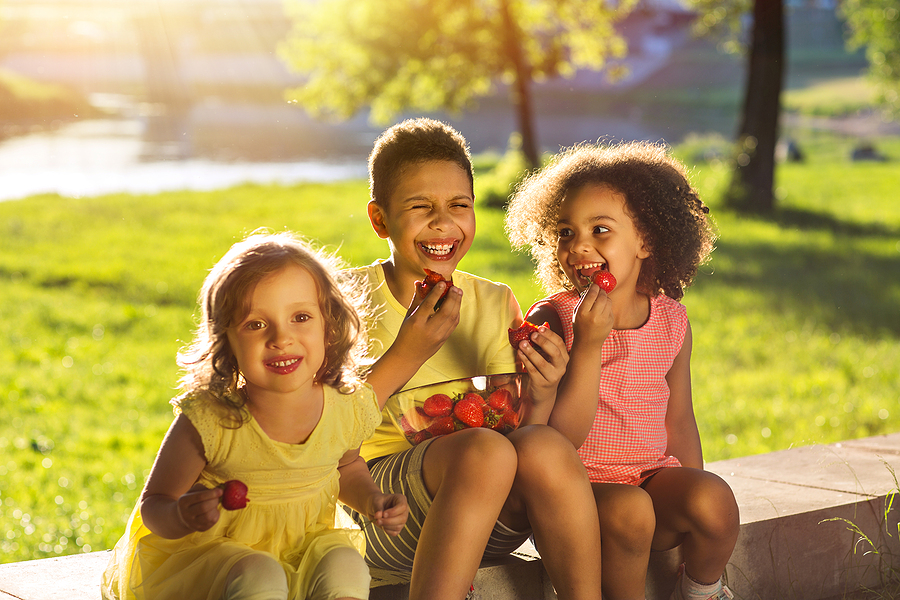
Getting healthy food images to stick in young people’s minds? Try using strategies from snack ads!
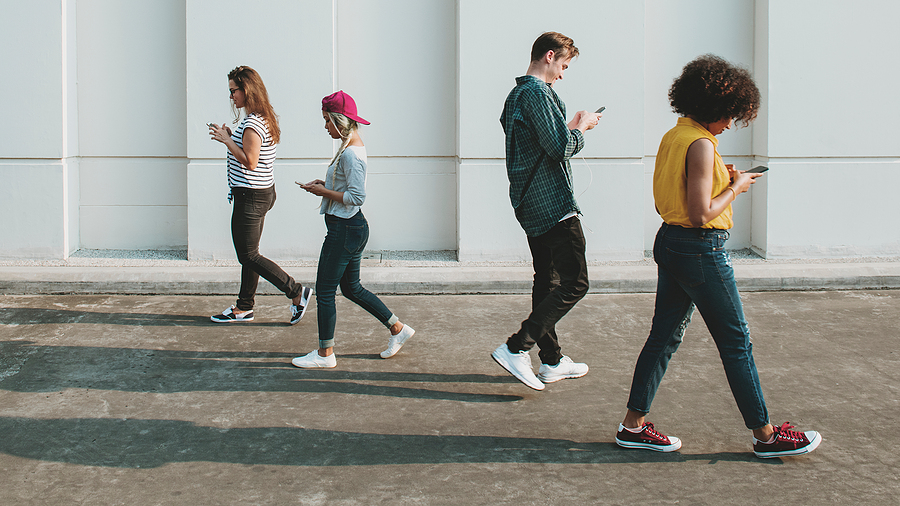
Keep your distance! What determines whether young people adhere to this rule?
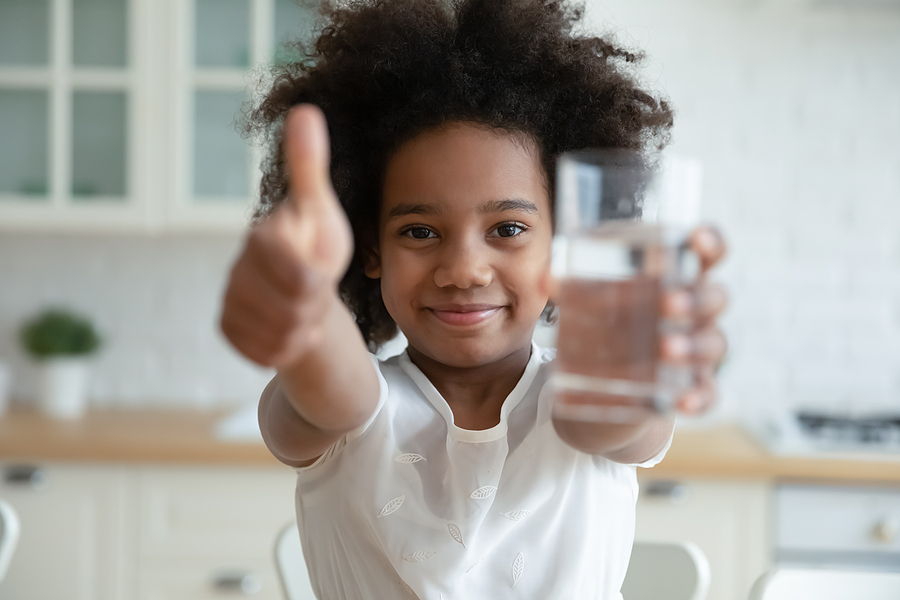
Motivating peer influencers to promote health behaviors

Peer influencers can promote water drinking among classmates
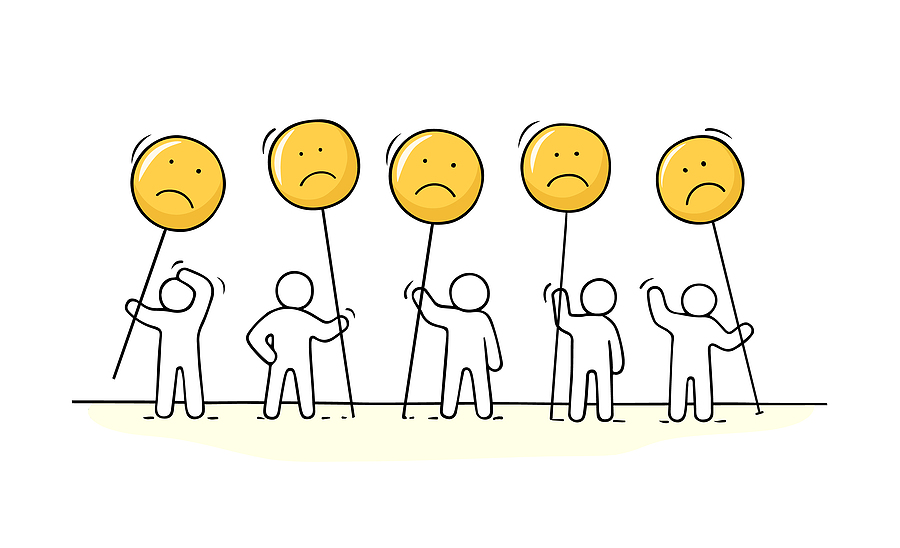
Chatting with peers does not help children in coping with negative news
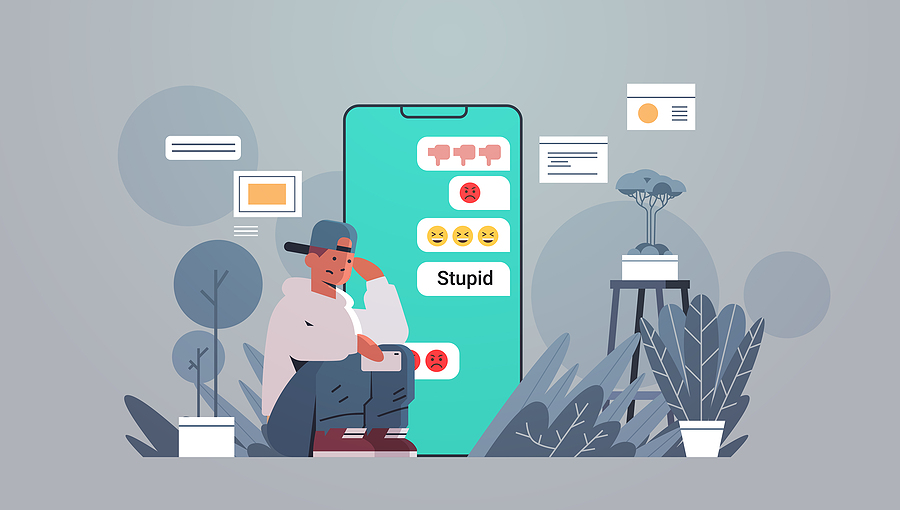
Reduce Online Aggressive Behaviors Among Teens? Make Them Feel Accountable!
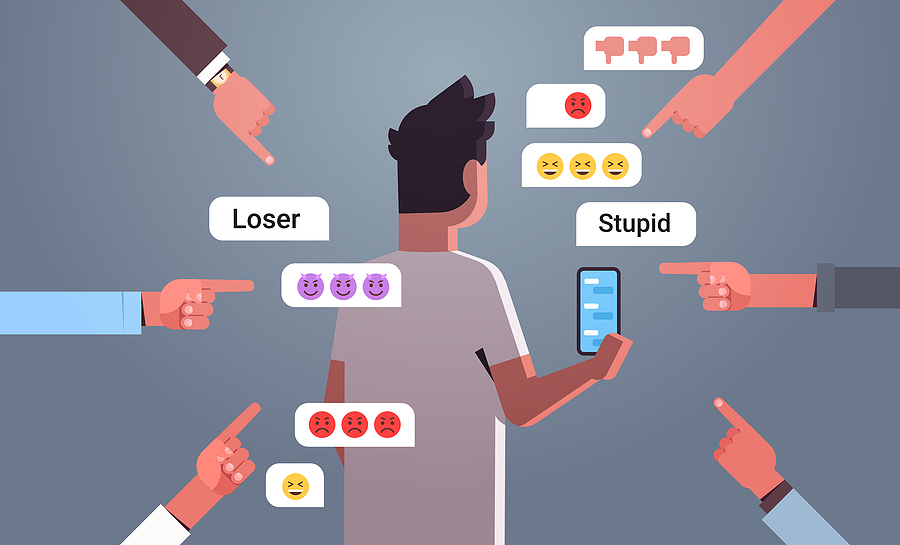
Why do teens forward nasty messages on WhatsApp?
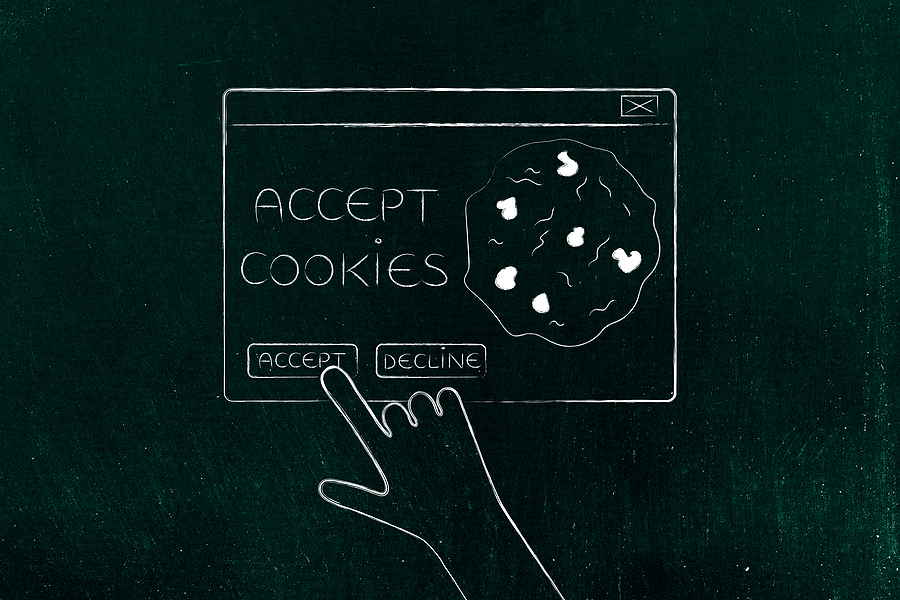
How the design of cookie pop-ups manipulates our choices

Can people separate fact from fiction in the COVID-19 pandemic?
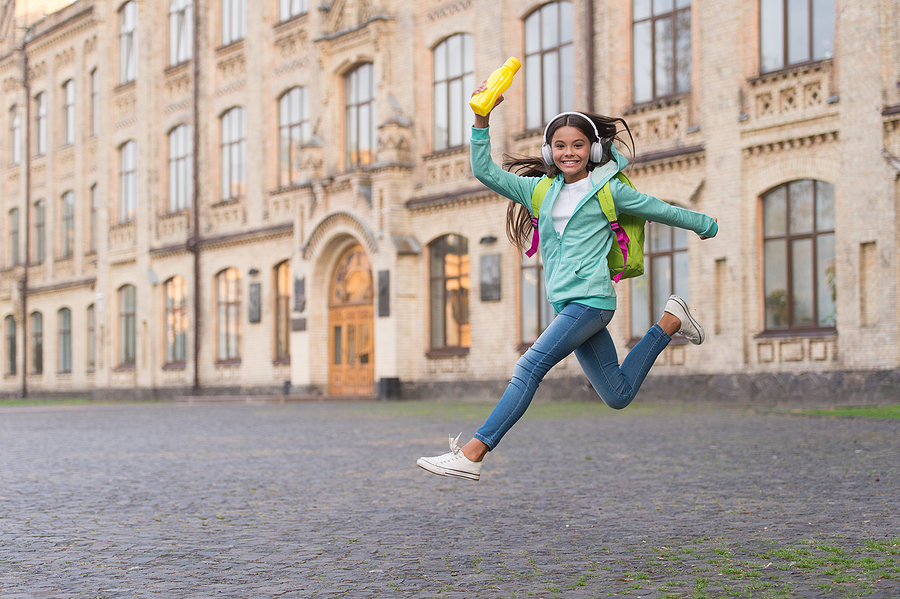
Active teens, happy teens?
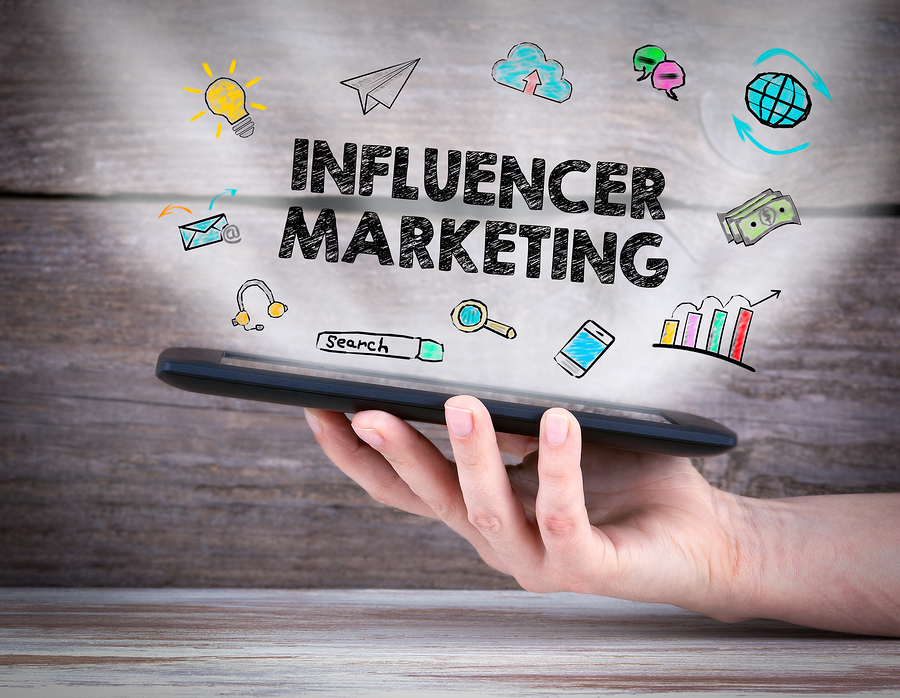
Disclosures do not always make influencer marketing more transparent to children
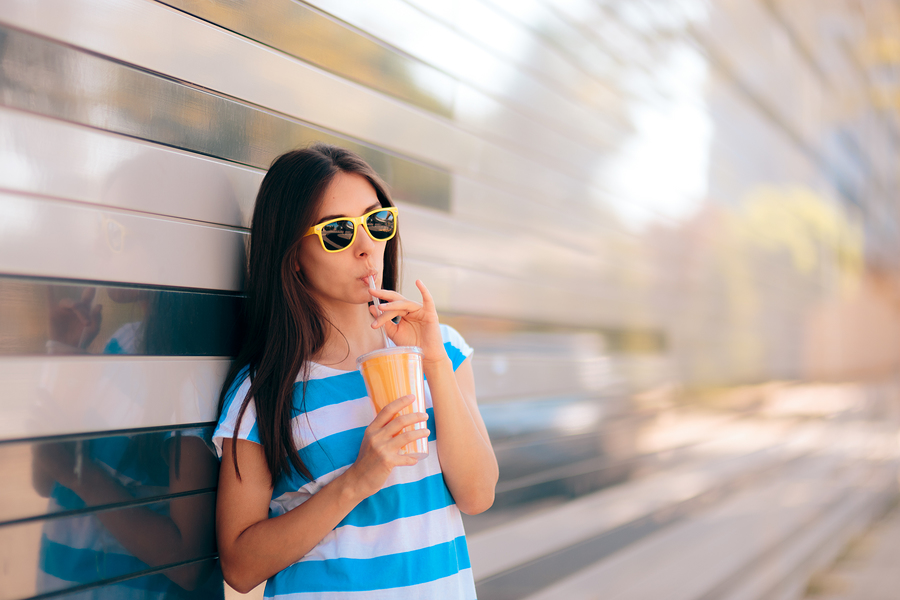
Influencers can sway children to drink unhealthy beverages
